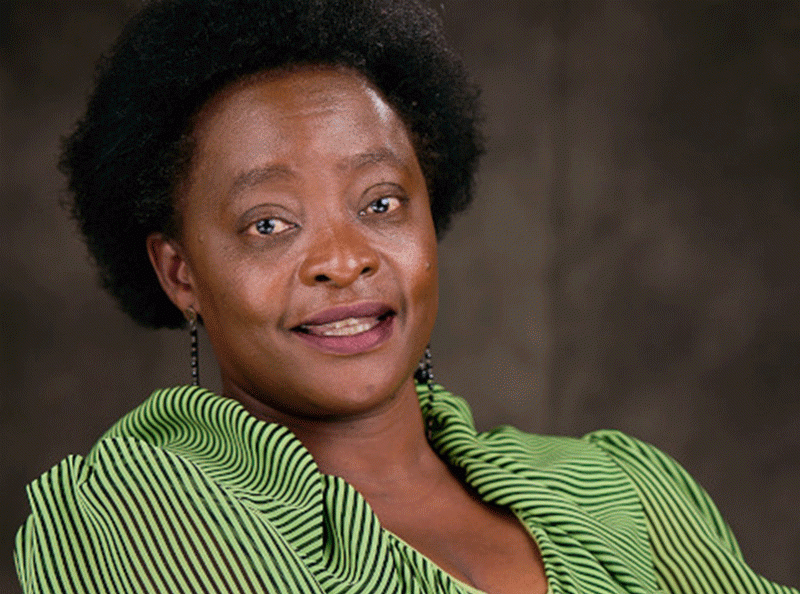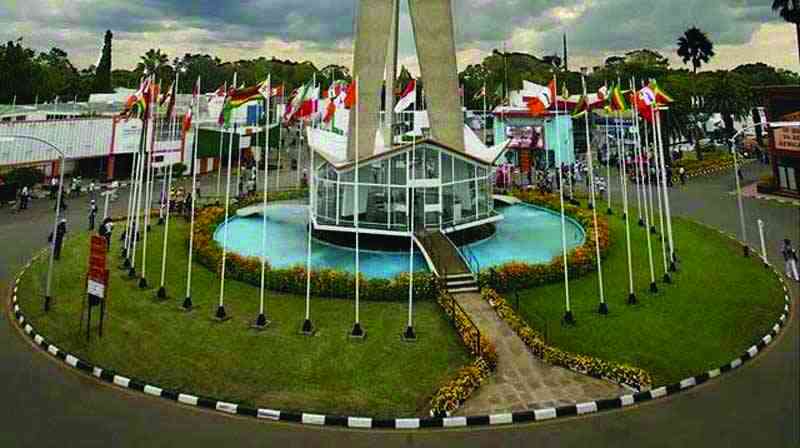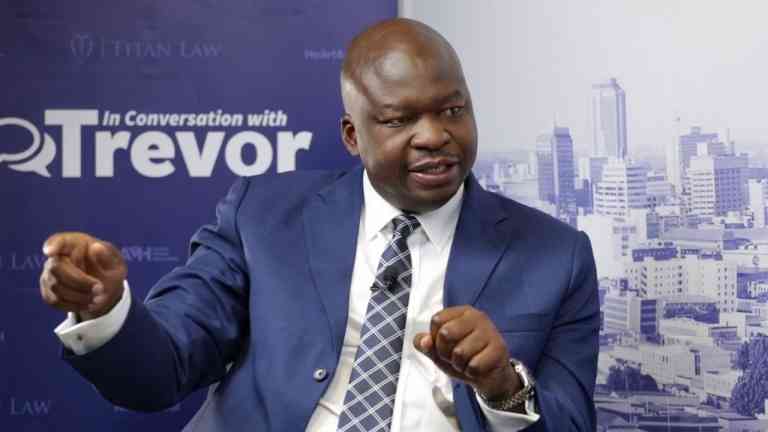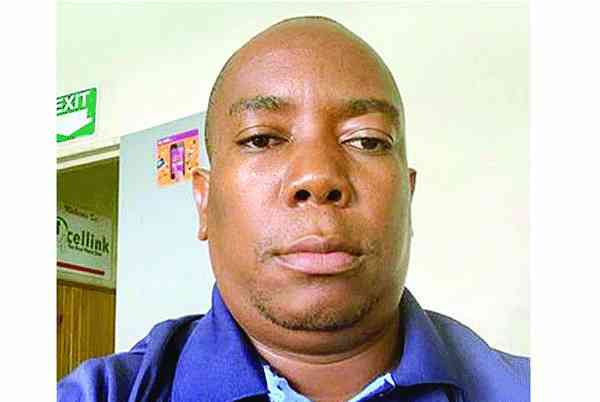
THE head of Zimbabwe’s largest business lobby stunned journalists last week, after declaring she was not a “nuclear reactor” that makes prompt responses to public policy announcements.
Sekai Kuvarika, chief executive officer at the Confederation of Zimbabwe Industries (CZI), told journalists during a special interface between captains of industries, the Ministry of Industry and Commerce and the media in Harare that she was accountable to the government first, before entertaining them.
The CZI CEO was referring to cases where journalists seek business’ early reactions to policies like national budget or monetary policy statements, which is a worldwide trend.
But in her address, Kuvarika said: “Please give us room to be able to have a conversation with our interlocutors. Every time something happens, you will get five calls that say, what is your reaction?
“I always say to myself, we are not a nuclear reactor. We are actually not a reaction organisation. We are a private sector representative organisation. We are in a continuous conversation with government, who are our policy makers, during pre-policy announcements and post-policy announcements.
“When policies are announced it is important for you as the media to appreciate that we are also in conversation with the person, who made the announcement. So before I react to questions from the media, I must respond to the person I am in a conversation with.
“If I first react to the media before I make an official response to the person, who made the announcement, it means that I am now having a conversation with my official interlocutor through the media.
“I first have to respond to the person who made the policy announcement and say this is what we think as industry and if the media doesn’t give us the chance to do that you will be forcing and pushing us into a corner where we are supposed to have a conversation with the government through the media. Our plea to the media is that please give us room to be able to have a conversation with our interlocutors.”
- Mthuli Ncube abandons struggling consumers
- Fears of jobs carnage as crisis deepens
- Fresh warning over bank rate hikes
- Police admit that money changers are untouchable
Keep Reading
She further queried from the journalists, “What makes news?”
Kuvarika pointed out that: “Honestly, I believe that there is a lot of substance in what is happening, what is unfolding, and what is evolving, which is beyond what CZI thinks, or what the Zimbabwe National Chamber of Commerce thinks.
“There is a lot that is going on. And my plea is that let's make substantive stories that actually make the communities that we are in understand better what is going on in our economy and what is going on in the business sector and what is going on in our country.”
Business lobbies across the world employ experts, including economists, who help their leaders address issues raised by the media.
In Zimbabwe, journalists are sometimes berated and intimidated when seeking views or comments from officials holding positions that make them accountable to the public.
While the CZI is a private sector organisation, it represents the views of some of the country’s biggest companies, including those listed on Zimbabwe’s stock exchanges.
The majority of these companies’ products lie at the heart of Zimbabwe’s health delivery system, for instance.
Others produce the basic commodities that consumers require on a daily basis, which makes CZI’s view important in helping business and consumers make decisions.










